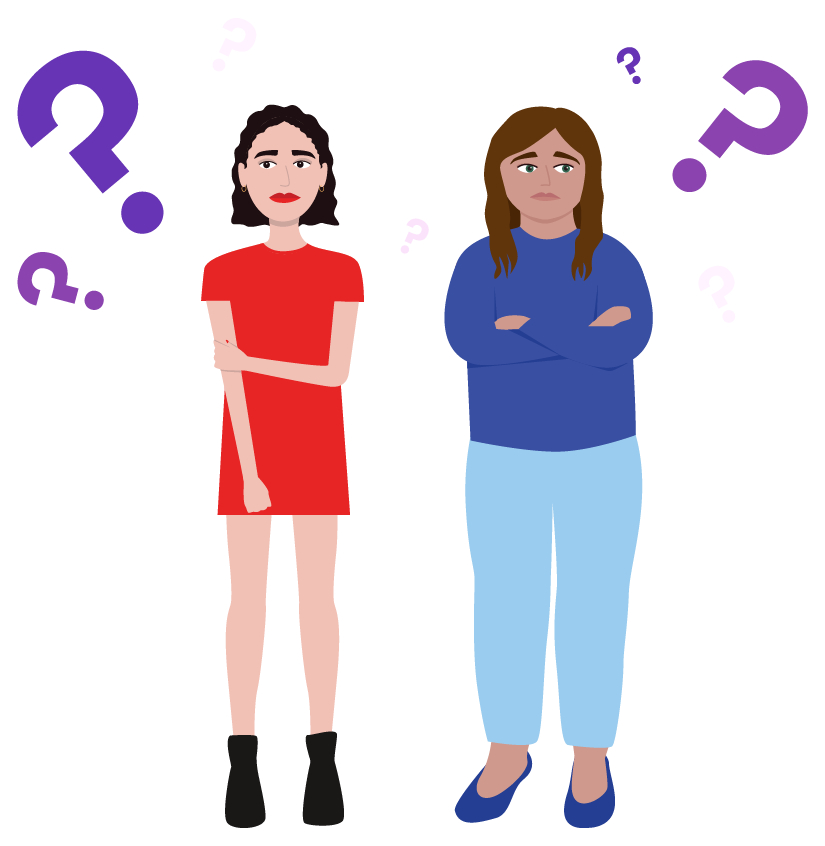

With the highest mortality rate of any psychiatric condition, Eating Disorders are serious mental illnesses which can result in serious consequences if not supported adequately. They can take many different forms such as: anorexia nervosa, bulimia nervosa, binge eating disorder, “other specified feeding or eating disorder” or avoidant and restrictive food intake disorder.
It is important to remember that these illnesses are almost never seen in isolation, there are almost always comorbid mental and physical health complications.
Autism, also known as Autism Spectrum Condition (ASC), is one of those comorbidities often seen with Eating Disorders. What makes it different to an eating disorder is that it cannot me ‘cured’ and it is a life-long, neurological condition. This is an important message we want to emphasise throughout PEACE: eating disorders can be treated, autism can be supported.
People with autism, although having a lot of strengths may also find some traits that hinder them. These can be in the form of sensory sensitivities, emotional recognition and in social abilities.
Research from all over the world suggests that around 35% of people suffering from an Eating Disorder also have Autism or high autistic features. Yet, there are still no treatment guidance or support network for this group, their carers and their clinicians. A lack of support and awareness has resulted in poorer treatment outcomes for this patient group which has led to understandable frustration for patients, carers and clinicians, as well as a decrease in confidence in ability and knowledge for clinicians. Professor Kate Tchanturia and her research team wanted to change that and decided to launch the PEACE pathway.
It was not surprising to see some overlap in traits between eating disorders and autism. This includes similar thinking styles and cognitive profiles, social complexities and trouble with emotion processing. However, what was surprising was the lack of literature on the comorbidity.
PEACE is a pathway supporting those with both with an Eating Disorder and Autism, their carers and their clinicians. Support materials and information have been co-developed by patients, carers and clinicians to be what you need them to be.
Have a read of our latest blog posts! Whether you want to read about someone’s experiences, learn more about the comorbidity or explore nutritional recommendations, we hope you will find something that meets your needs!
Robert shares his and his wife’s experience and advice in caring for a child with autism and an eating disorder.
A neurodiversity-informed guide for patients with an eating disorder, with a focus on autism and ADHD. This resource offers practical information and strategies grounded in lived experience and clinical expertise.
This lived experience piece explores how receiving an autism diagnosis shaped two individuals’ journeys through eating disorder recovery. They reflect on the challenges they faced in treatment before understanding their neurodivergence, how the diagnosis reframed their experiences, and how recovery strategies became more effective when adapted to their sensory and cognitive needs. Their stories highlight the importance of autism-informed approaches in eating disorder care.